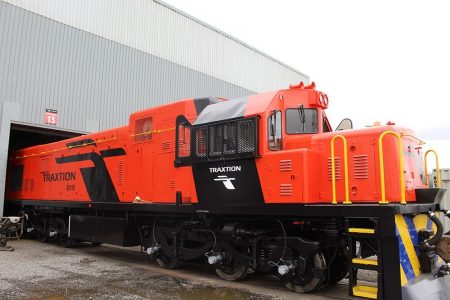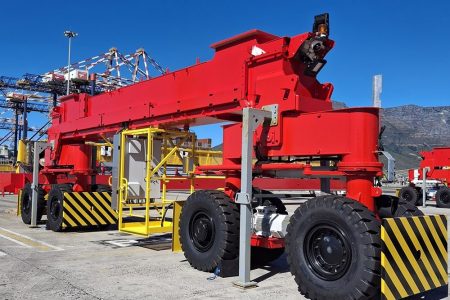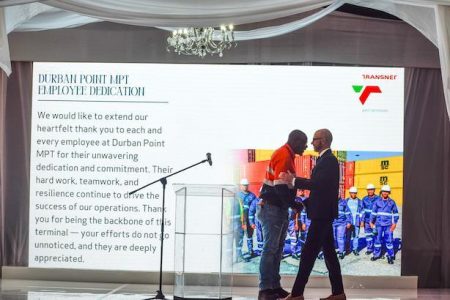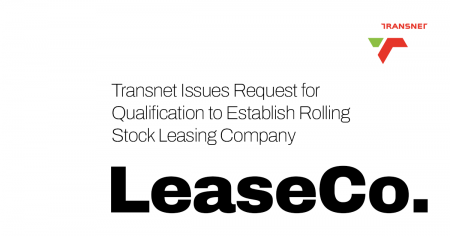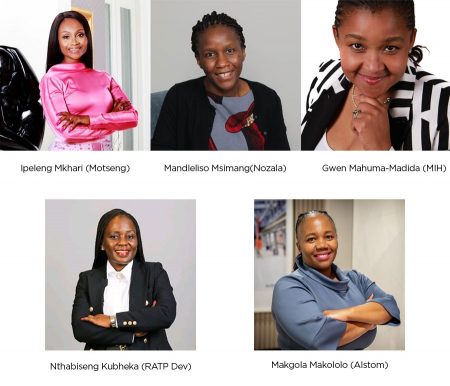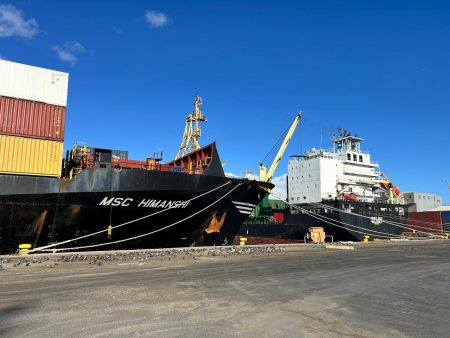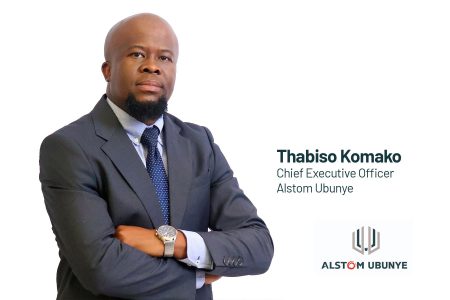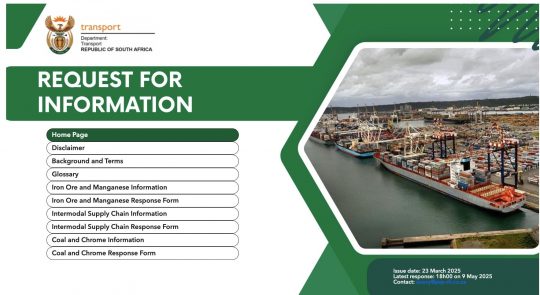This content is for Premium Subscribers only. To view this content, login below or subscribe as a Premium Subscriber.
Related News Articles
Traxtion Is Meeting Rail Needs Through Innovation and Sustainability
22 April 2025
SADC, South Africa
3 min
Essential Equipment Starts Arriving at the Cape Town Container Terminal
22 April 2025
SADC, South Africa
1 min
Black Women-Led Companies Driving South Africa’s Mobility Transformation
07 April 2025
SADC, South Africa
3 min
2 min
1 min
South Africa’s Department of Trade Aims to Sustain Localisation Momentum
05 April 2025
SADC, South Africa
2 min
2 min
Private Sector Called to Participate in Rail and Port Sector Reform
31 March 2025
SADC, South Africa
1 min
Gautrain Expansion Set to Boost Gauteng’s Economy and Transport Network
31 March 2025
SADC, South Africa
6 min
2 min
